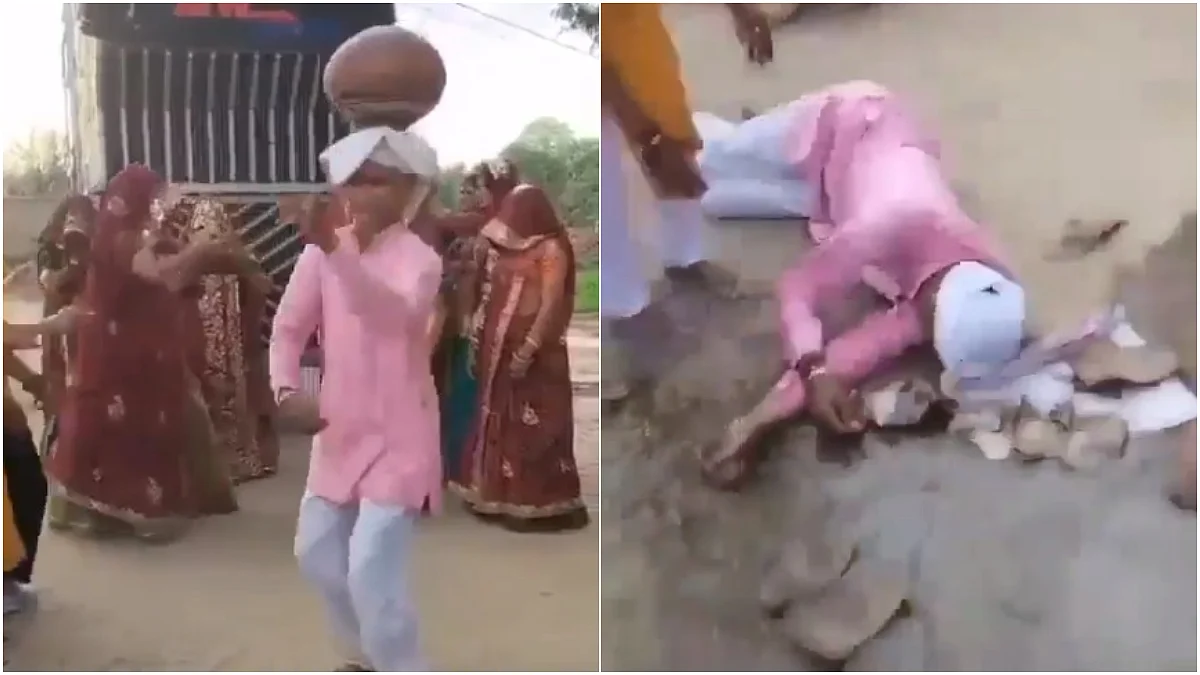The Ayodhya verdict is out and the Supreme Court of India has ruled that a trust should be set up by the central government within three months to help build a Ram Mandir in Ayodhya. The unanimous verdict was given by a five-judge bench, headed by Ranjan Gogoi, the Chief Justice of India.
Here is what the SC said while giving the verdict:
1. The disputed land of 2.77 acres has been given to the Hindus.
2. Suit 3 by the Nirmohi Akhara was dismissed as barred by limitation. Both Suit 4 of Sunni Board and Suit 5 of Ram Lalla have to be decreed and relief should mould. SC said that every judge of the court has the task to uphold the Constitution and cannot differentiate between religions.
3. The Central Government has to formulate a scheme for setting up of a trust and handing over the disputed site to it for the construction of a temple at the site. The scheme has to be formulated within three months. The scheme envisaging setting up of Trust should provide for the construction of Temple.
4. Alternate land, measuring 5 acres is to be handed over to Sunni Waqf Board either by Central Government or State Government. The Sunni Wakf Board is at liberty to construct a mosque at the allotted land. This land will be at a prominent location in Ayodhya. This land should be allotted under the 1993 Act in a suitable place in Ayodhya.
5. There is no evidence that Muslims abandoned mosque, the apex court said. “Hindus always believed the birthplace of Lord Ram was in the inner courtyard of the mosque (it is) and clearly established that Muslims offered prayer inside the inner courtyard and Hindus offered prayers in the outer courtyard.
6. On balance of probabilities, the court stated that there is clear evidence that Hindus worshipped in the outer courtyard “As regards Inner Courtyard, no evidence by Muslims to show exclusive possession by them prior to 1857,” the Supreme Court said.






